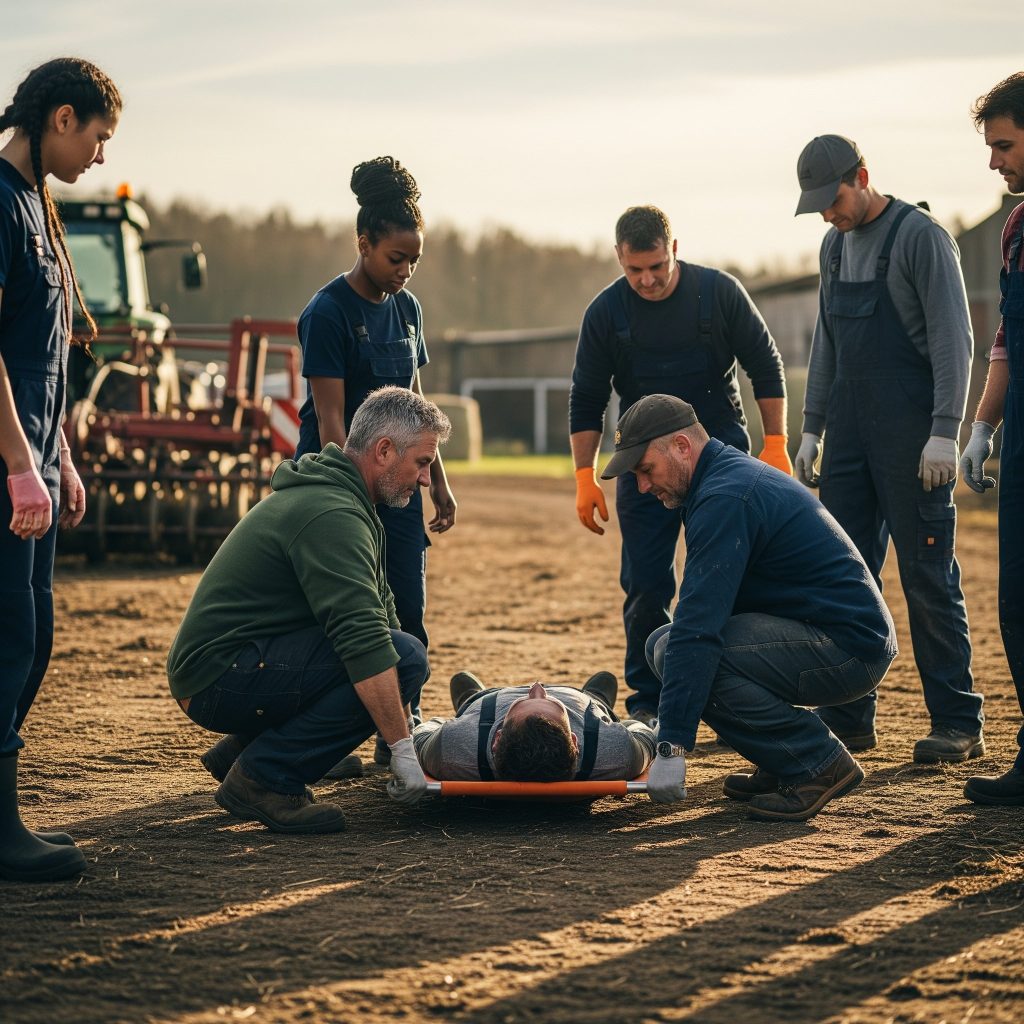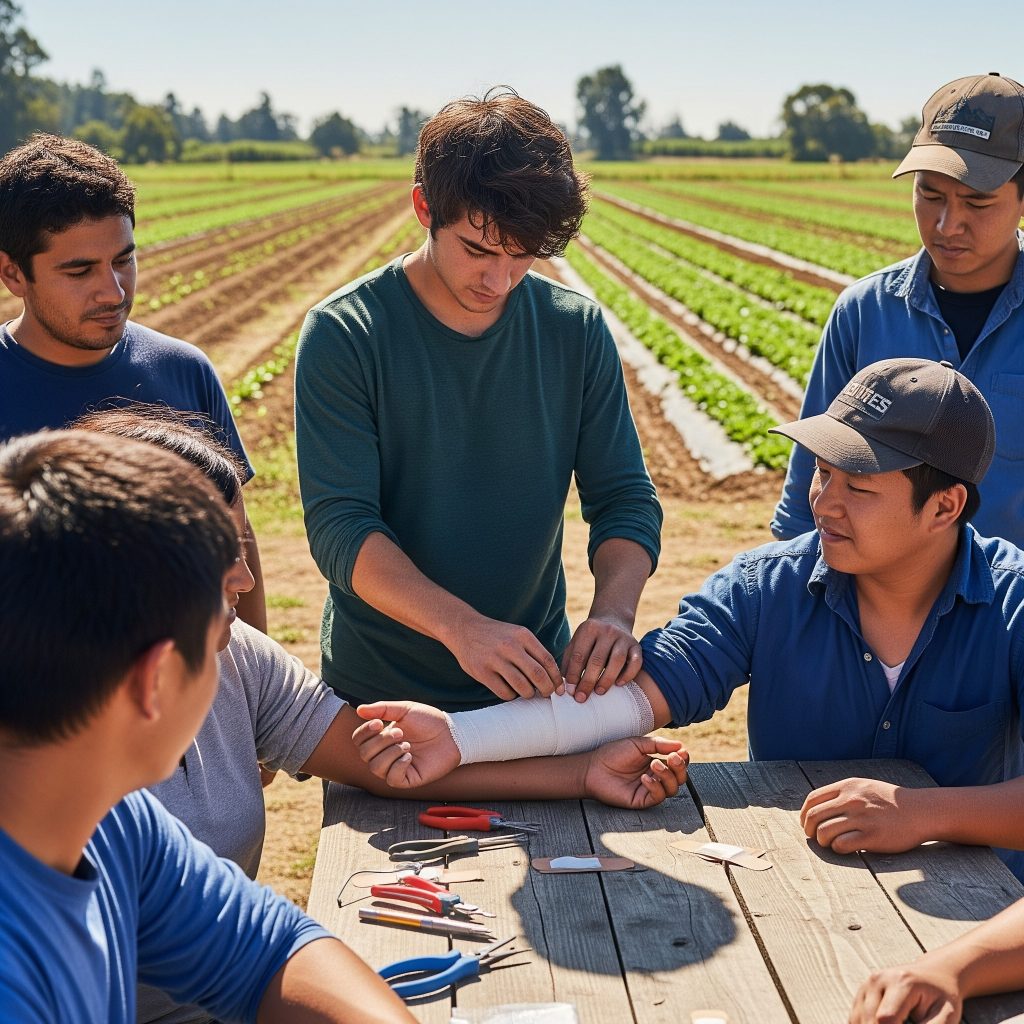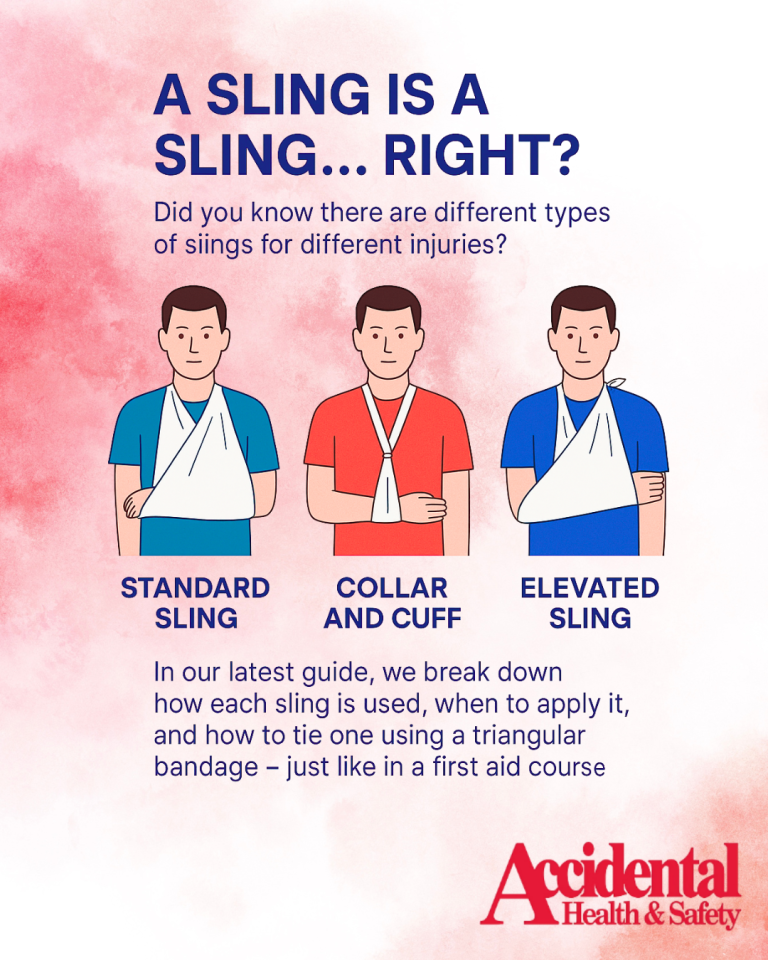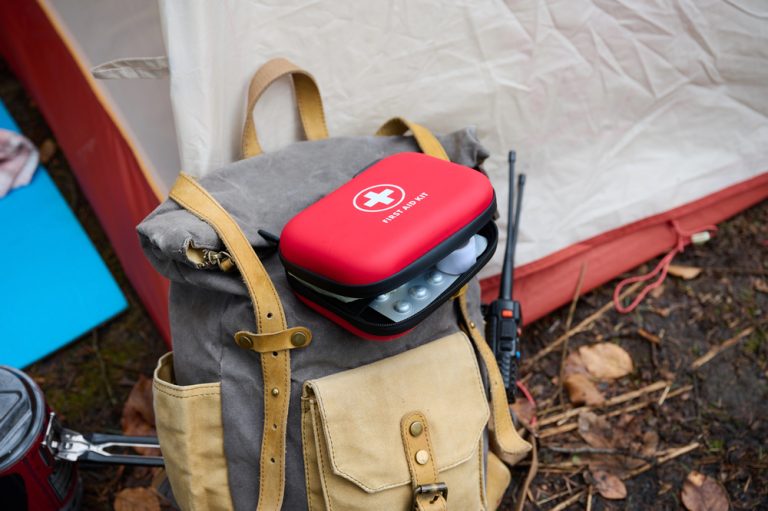Training and Assessment Delivered on Behalf of Allens Training Pty Ltd RTO 90909
Outback First Aid
Essential Tips for Managing Emergencies on Remote Queensland Properties.”
The vast and often isolated nature of remote Queensland properties, particularly within the South West Queensland outback, presents unique and significant challenges when it comes to managing medical emergencies. Unlike urban environments where help is typically a phone call and a short wait away, outback properties can be hours from the nearest medical facility, and communication can be unreliable. If this is you, relying solely on standard first aid knowledge is often isnt enough. Preparedness requires a specific understanding of the common emergencies encountered on these properties and the essential first aid tips for managing them effectively until professional help can arrive.
This is the fourth in a series of posts about remote first aid. You can find the other posts here, here and here.
Several types of emergencies are common on remote farms and properties. Here are a few:
- Machinery accidents pose a significant risk, with the potential for severe trauma involving heavy equipment. Injuries can range from deep lacerations and fractures to crush injuries, necessitating skills in managing significant bleeding and stabilizing complex wounds.
- Animal-related injuries are also common, including bites, kicks, and trampling incidents involving livestock like cattle and horses.
- The presence of venomous wildlife, such as snakes and spiders, in rural Queensland means that knowing how to correctly treat these bites is crucial.
- Given the often extreme temperatures in the Queensland outback, heat-related illnesses like heatstroke and heat exhaustion are a major concern for those working outdoors for extended periods. Intense heat and the potential for heatstroke, emphasize the need for prompt management.
- Dehydration is a constant risk in the hot and dry climate, especially during physical labor and it a common danger in the bush.

Be Prepared
To effectively manage these emergencies, several essential first aid tips are crucial for those on remote Queensland properties. First and foremost is having a comprehensive and well-stocked first aid kit that is specifically tailored to the outback environment. This kit should go beyond a standard workplace kit and include items like multiple snake bite bandages, specialized burn treatment for potential chemical or thermal burns, heavy trauma dressings for severe bleeding, antiseptic wipes, pain relievers, and a first aid manual. As well as a easily accessible kit at your base, having multiple kits in vehicles and at various locations is important to ensure the tools needed are readily accessable.
Keep the lines of communication open
A reliable communication plan is also absolutely vital. Given the limitations of mobile phone coverage in many remote areas, having a satellite phone is highly recommended. Alternatively, HF radios or even designated mobile phone spots should be identified and known to all. Everyone on the property must know how to use the chosen communication method to call for help in an emergency. Along with this, a readily accessible and updated list of important emergency contact numbers, including the Royal Flying Doctor Service and local ambulance services, is essential. Providing accurate property location details, ideally GPS coordinates, can significantly expedite emergency response.
You may choose to use personal locator beacons as an effective emergency response tool. They can use the global satelite network to provide emergency contact information, including GPS coordinates, to allow for a rapid response by emergency services.

Get Trained
While a well-equipped kit and communication plan are crucial, they are only effective if paired with basic first aid knowledge. Investing in remote first aid training, such as our HLTAID013 course, is highly recommended for those working and living on remote properties. Additionally, ensuring that everyone on the property is aware of their exact location at all times is important for directing emergency services if needed. In the event of an emergency, immediately prioritizing the casualty’s access to fresh drinking water and finding or creating shelter from the harsh outback elements, particularly the sun and extreme temperatures, is critical.
Our HLTAID013 course specifically equips individuals working on remote Queensland farms with the specialized knowledge and practical skills to effectively handle these common and potentially life-threatening farm-related emergencies. It provides in-depth training on managing trauma from machinery accidents, dealing with animal-related injuries, recognizing and treating heat-related illnesses and dehydration, and applying the correct first aid for snake and spider bites.
In conclusion, preparedness is paramount for managing emergencies on remote Queensland properties. By having a comprehensive first aid kit, a reliable communication plan, essential first aid knowledge, and a focus on location awareness, water, and shelter, individuals can significantly improve their ability to respond effectively until professional medical help arrives. Investing in remote first aid training is a crucial step in ensuring the safety and well-being of everyone on the property. For more information on our training options, including on-site and group sessions for farms, please visit our Remote First Aid page


